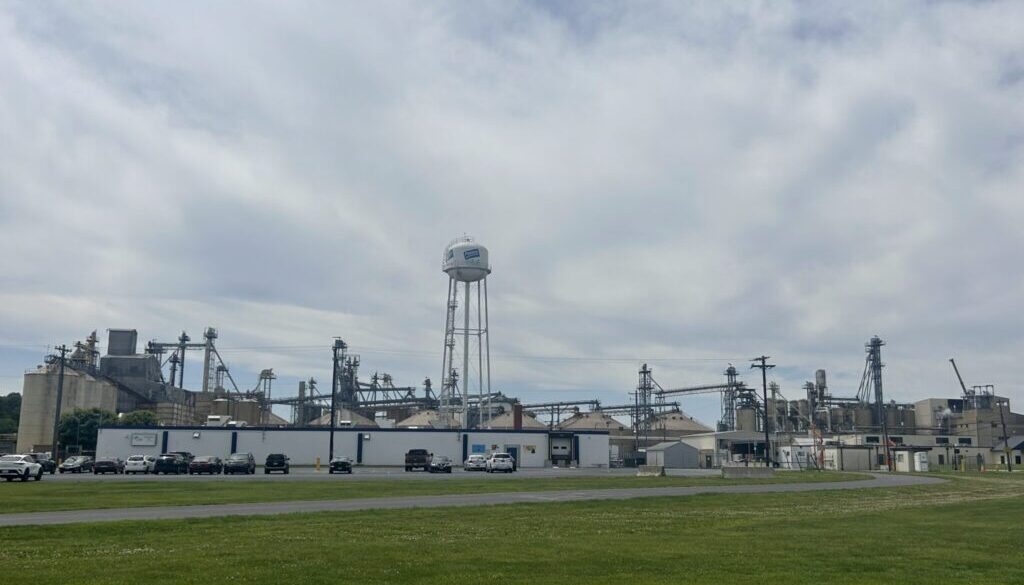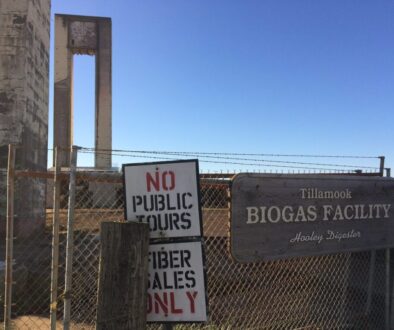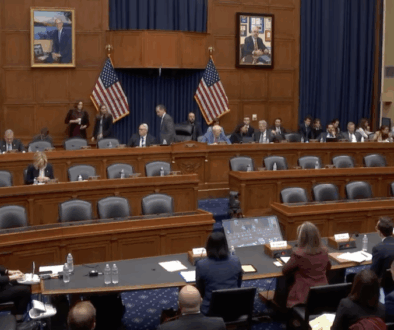Federal judge sees “urgency” in Maryland PFAS contamination claims
Listen to the audio version of this article (generated by AI).
A federal judge this week said that a group of Maryland residents could proceed with a class action lawsuit against Perdue Farms that alleges the company’s soybean plant improperly discharged harmful chemicals that contaminated their well water, but dismissed claims seeking to link the contamination to residents’ existing medical ailments.
The environmental contamination is a matter “of some urgency,” US District Judge Stephanie Gallagher wrote in her opinion, filed Aug. 12 in the US District Court for the District of Maryland. Gallagher denied Perdue’s request to delay the case pending an investigation by state regulators.
“Without specifying the health conditions they previously had or presently suffer from, they have neither provided Perdue adequate notice of their claims nor set forth facts plausibly establishing causation,” wrote Judge Gallagher in the opinion.
The plaintiffs’ attorneys said they welcome the decision to move the case forward. Since the ruling was issued “without prejudice,” it is possible for claims based on current health problems to be refiled as more evidence is discovered.
The plaintiffs in the case are from Salisbury, Maryland, a community of about 33,000 people located 117 miles from Washington, DC. The lawsuit, which was filed in October, alleges that Perdue showed “reckless indifference to the health and safety of the public” in its handling of per- and polyfluoroalkyl substances (PFAS).
State regulators last year designated Perdue a “responsible person” for the PFAS contamination in the area. The Maryland Department of the Environment has said that tests of well and surface water are “suggestive of a regional PFAS contamination plume” that traces to the local Perdue facility.
The battle over Salisbury’s PFAS-contaminated drinking water – and who should be held responsible – is among many ongoing PFAS-related lawsuits filed across the country.
PFAS are synthetic chemicals that persist in the environment for many years. Several types of PFAS have been linked to a range of health problems.
Some Salisbury residents have said publicly that they and their families suffer from medical conditions, including non-alcoholic fatty liver disease and chronic hives outbreaks, that research has linked to exposure to some PFAS chemicals.
The lawsuit alleges that plaintiffs’ health conditions “were proximately caused by consumption and use of contaminated water and drinking water, drawn from the groundwater contaminated by Perdue,” and that drinking the contaminated water put them at increased risk of developing health conditions including cancer in the future.
The judge is allowing the case to go forward on the claims of property damage and increased health risks that warrant medical monitoring, as well as claims that the company was negligent by waiting about a year to reach out to community members about groundwater contamination.
Perdue said in a statement that it welcomed the judge’s decision to remove “unsubstantiated claims attempting to link alleged health conditions to our operations.” The company said it is proud of its efforts to “protect the health and safety of our community” and was “confident the facts will speak for themselves as the case moves forward.”
In contrast, plaintiffs’ attorneys issued a statement saying the ruling “marks an important milestone in this community’s effort to obtain accountability and justice regarding Perdue’s extensive PFAS pollution of the area’s groundwater.”
The soybean plant generates about 175,000 gallons of wastewater per day, which is discharged into a nearby stream, spray irrigated onsite, or stored – methods the facility has used for at least 20 years, according to the opinion. The facility sits on top of a shallow aquifer, which can carry contaminated wastewater to private wells, the plaintiffs allege.
The judge’s opinion on the class action comes on the heels of a second lawsuit against Perdue filed last month, which alleges that the same soybean facility is committing ongoing violations of the Resource Conservation and Recovery Act (RCRA) by improperly disposing of PFAS-tainted waste.
Perdue has provided Salisbury residents with water filtration systems and bottled water, has paid for well testing, and recently installed a new PFAS-free fire suppression system and advanced outflow PFAS treatment at its soybean facility, said the company. The plaintiffs’ attorneys say these efforts “do not begin to address the scale of the crisis.”
(Featured image: The soybean processing facility in Salisbury, Maryland. Photo by Shannon Kelleher.)




